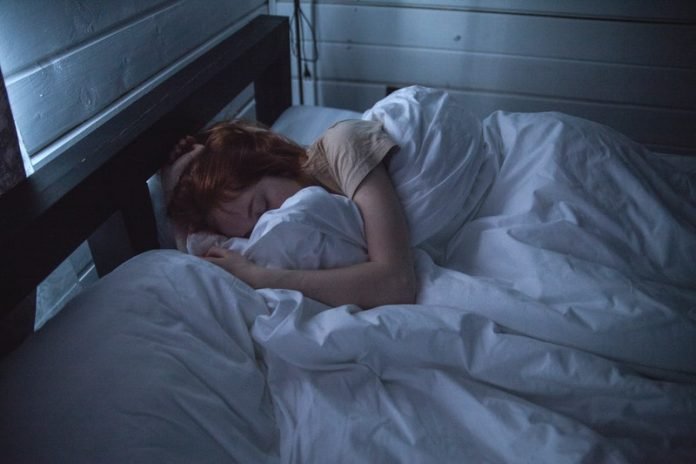
In a recent study published in Clinical Immunology, researchers found why people with obstructive sleep apnea may have associated autoimmune disorders.
The results could lead to better approaches to treatment and possibly new drug therapies.
The study is at the University of Georgia. One author is Bradley Phillips.
The study builds on previous research showing that obstructive sleep apnea increases the risk of autoimmune diseases.
Immune system disorders are a result of either low activity or overactivity of the immune system and include well-known conditions such as lupus and rheumatoid arthritis.
Obstructive sleep apnea, or OSA, is a disorder that occurs when throat muscles relax temporarily, narrowing or collapsing the airway and momentarily cutting off breathing during sleep.
The main treatment for OSA is continuous positive airway pressure, or CPAP, which pumps air through a mask to keep the airway open. About 40% of patients can’t tolerate CPAP.
OSA damages the health of 35% of Americans and results in an increased risk of several autoimmune disorders, like rheumatoid arthritis and psoriasis, for example, but the molecular links to autoimmunity are poorly understood.
In the study, the team looked at four cytokines—proteins involved in cell signaling—associated with autoimmune disease.
They evaluated the cytokines in three groups of adults: patients with untreated OSA, patients with OSA who were receiving treatment, and people who did not have OSA.
The study results showed abnormal levels of the four cytokines in patients with untreated sleep apnea, suggesting that poor sleep and inadequate oxygen supply may affect the cytokines.
This study is one of four examining possible links between obstructive sleep apnea and specific diseases.
In addition to autoimmune disorders, the team is also looking at neurodegenerative disorders, cardiovascular disease, and renal disease.
If you care about sleep health, please read studies about sleep is the ‘crystal ball’ to predict Alzheimer’s disease and findings of this sleep problem may be risk factor for COVID-19.
For more information about sleep and your health, please see recent studies about this new surgery could help treat sleep apnea and results showing that 68% of Americans lose sleep to drinking alcohol.
Copyright © 2021 Knowridge Science Report. All rights reserved.



